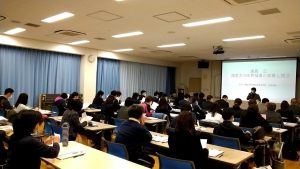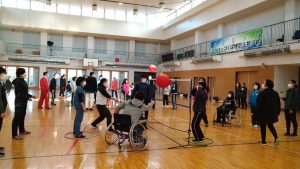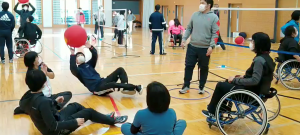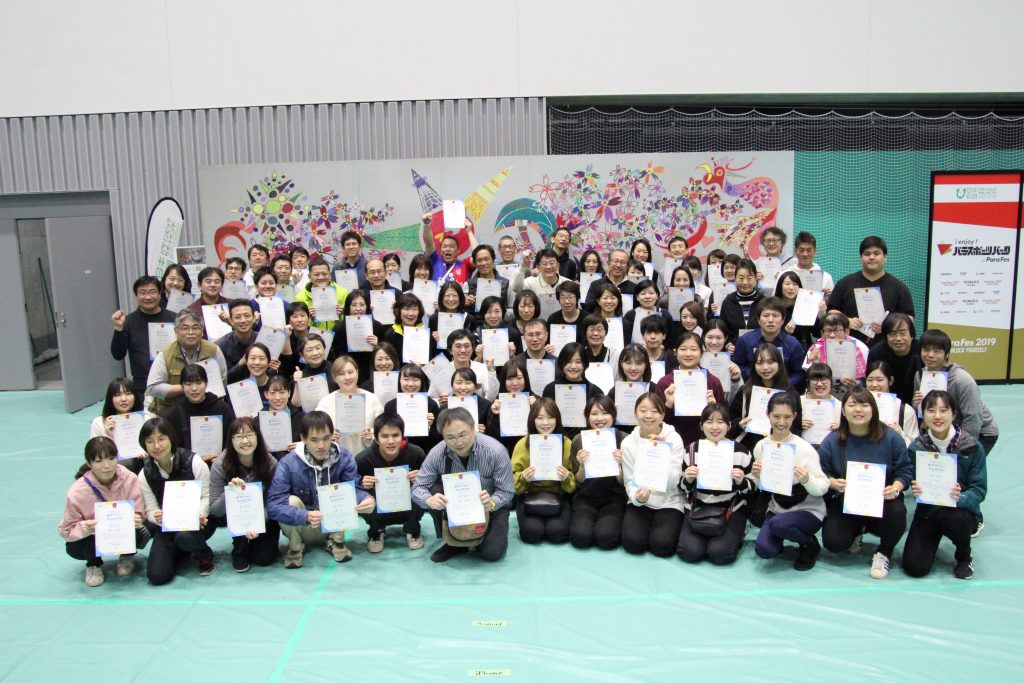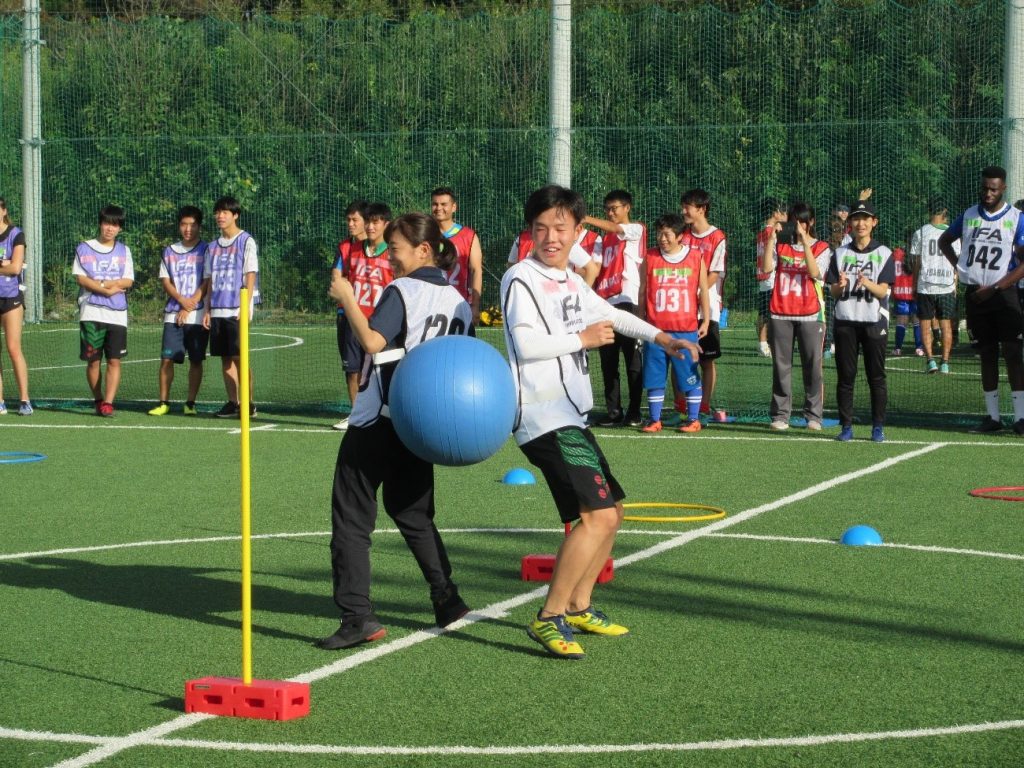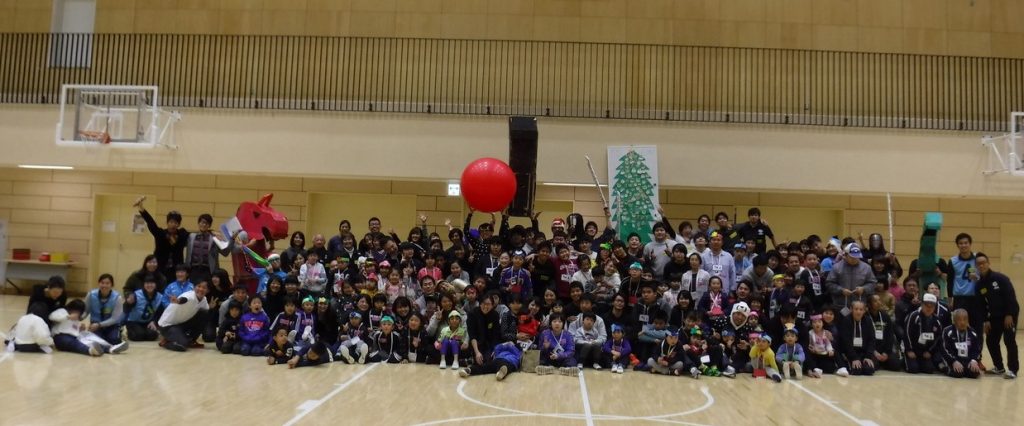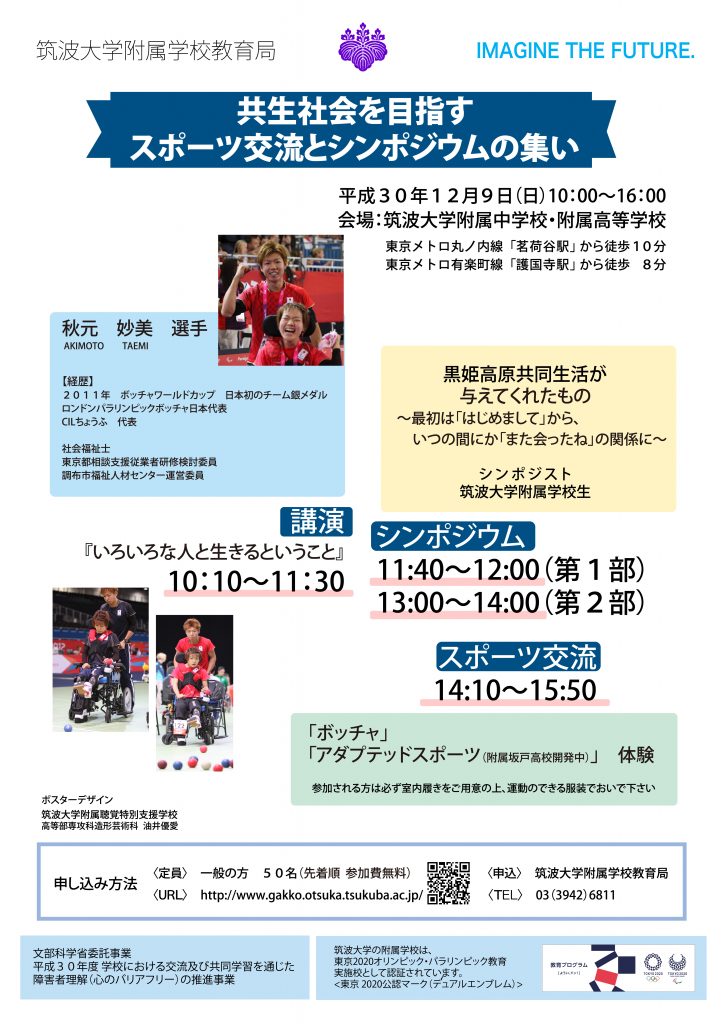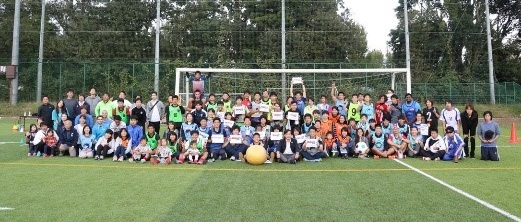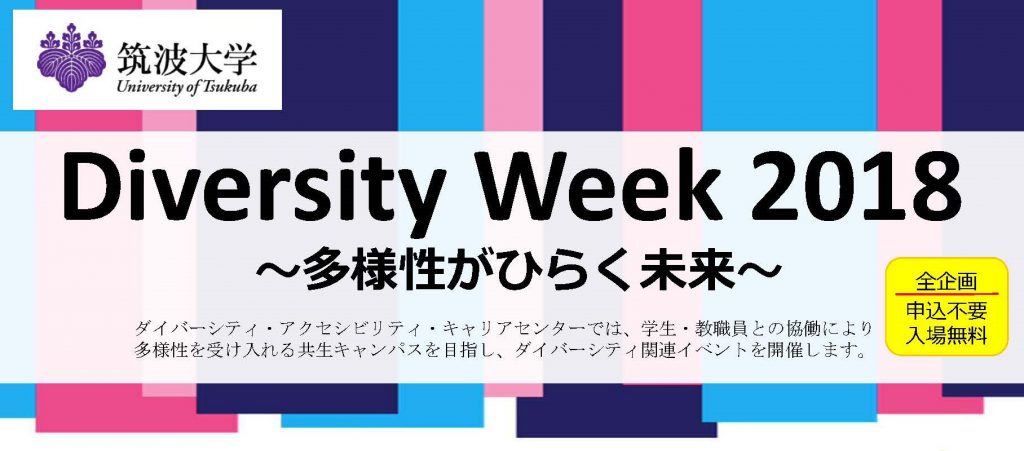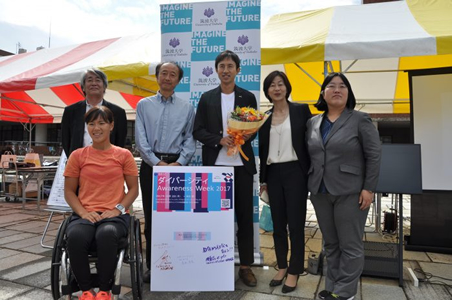2020.10.12
Initiatives related to Diversity and Inclusion (Training of Adapted Physical Education and Sport Leaders)
The Tokyo 2020 Olympic and Paralympic Games (the Tokyo 2020) have been postponed to 2021 and preparations are underway.
The Olympics and Paralympics are not only competitions but also the opportunities of creating a legacy.
After the 2002 IOC Session, the International Olympic Committee (IOC) added “to promote a positive legacy from the Olympic Games to the host cities and host countries” to the Olympic Charter.
The 2020 Tokyo Olympic and Paralympic Games is coming to our country, Japan.
People are paying attention to what and how we are leaving as a “positive legacy”.
Creating an Inclusive Society
The vision of the Tokyo 2020 is “Sport has the power to change the world and our future”.
One of the three core concepts is “Unity in Diversity”.
Diversity includes race, nationality, age, gender, disabilities, and more.
The Tokyo 2020 aim to make a inclusive society important part as a legacy that will continue after the Games
For the details, please see the Tokyo 2020 organising committee official website below.
URL:https://tokyo2020.org/en/games/games-vision/(Games Vision)
:https://tokyo2020.org/en/games/diversity-inclusion/(Diversity & Inclusion)
Promoting Understanding of Adapted Physical Education and Sport at School
One of the most important items in the legacy of the Tokyo 2020 is “realizing a symbiotic society through sports”.
University of Tsukuba Adapted Physical Education & Activity Lab has been working on research and practical activities to prevent children with disabilities from being excluded in physical education and sports.
Here, we introduce the projects implemented in collaboration with the Japan Sports Agency.
Para-Sports Promotion Project by Japan Sports Agency
The project is one of the efforts of the Japan Sports Agency to promote para-sports, and was started in FY2018.
The purpose is to strengthen the promotion system for para-sports and to create an environment where para-sports can be played in familiar places.
The part of those initiatives, the working group based around our university develops curriculums and holds workshops to enable school teachers to teach children with diversities.
Project by Our University to Promote Participation in Para-Sports: Training Leaders
University of Tsukuba is one of the few universities in Japan where has an education and research system that specializes in adapted physical education and sport sciences.
In addition, we have strong ties with the attached special needs education schools and disability sciences.
With such a background, the researchers of the university are in charge of the entrusted project of the Japan Sports Agency.
Purpose
The purpose of the project of training leaders is to enable elementary and junior high school students with disabilities to carry out physical education and sports in a fulfilling environment at their schools.
In order for children to be able to participate in sports regardless of their disabilities, it is necessary to have an adapted way of thinking, such as changing the teaching method and the sports content.
This project aims to help school teachers understand the adapted way of thinking so that children are not be excluded in sports at school.
Content
First, the working group made a training curriculum and analyzed guidance to train school teachers with adapted knowledge and skills.
Then they held a workshop on Saturday, February 22, 2020 at the Tsukuba Special Needs Education School in Ibaraki Prefecture in order to verify the effect of the curriculum,
Teachers of special needs classes and special needs schools, the board of education, and university teachers in Ibaraki prefecture mainly attended this workshop, the Board of Education.
- Lecture
- Practical Lesson
There are various reasons why school children can’t or don’t want to do the sports.
In order to adapt sports so that every child can participate, it is needed to devise rules, equipment, methods, a way of explanation, etc., and the approach method is also needed to change depending on their reasons.
The workshop was a combination of lectures and practical skills to put the knowledge gained in the lecture into practical use.
At the end of the workshop, the working group carried out the questionnaire to the participants to verify the effectiveness of the curriculum and the problems at the school to identify future issues.
Based on the results of this verification, the working group has been planning training for the next year in order to establish adapted knowledge and skills.
※You can read the report of this project, which includes the curriculum, questionnaire, and verification contents on the Japan Sports Agency website. (written in Japanese)
In addition to this project, the researchers of the Adapted Physical Education & Activity Lab are in charge of lectures and practical lessons of adapted sports at the workshop for sports instructors people with disabilities held by local governments.
OPOP will introduce our university’s initiatives related to diversity and inclusion that contribute to the creation of an inclusive society.
SAITO Mayumi
She is a associate professor of the Faculty of Health and Sport Sciences at University of Tsukuba and responsible for this project.
Her research fields are developmental mechanisms and the body works, adapted physical education and sports, and more.
She also involved in local sports classes and the sports event “Tsuku-lympic“.
For the details, please see the lab’s website.



